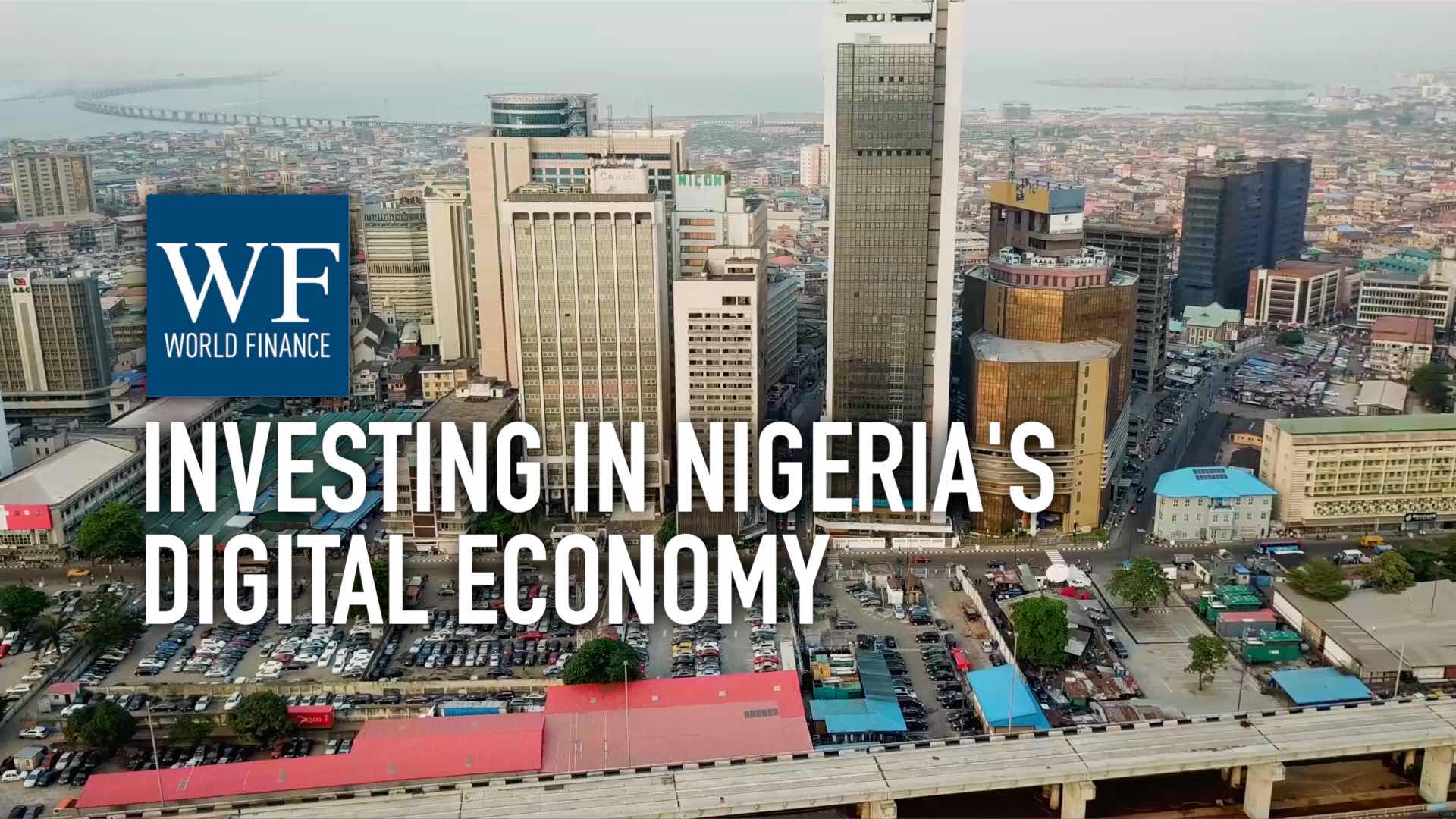Releasing the tiger: How Zenith Bank overcame Nigeria’s Naira redesign
The challenge of replacing every single piece of cash for Zenith's customers in just a few months required a huge infrastructure overhaul, explains Zenith's GMD
Related:
Transcript
Last time World Finance interviewed Dr Ebenezer Onyeagwu, Group Managing Director and CEO of Zenith Bank, the bank was celebrating 10 percent growth in gross earnings. This year, that number is 24 percent – in a year when the Nigerian Central Bank announced a complete redesign of the Naira, leading to huge cash shortages. Dr Onyeagwu explains how the bank was already on course to overcome that challenge with its Project Tiger; how the values, culture and ethos of the bank drive its business; and Zenith’s plans to expand into Francophone Africa in the next five years.
World Finance: When we spoke last year the bank was celebrating 10 percent growth in gross earnings; this year that number is 24 percent. Ebenezer, how are you achieving this?
Dr Ebenezer Onyeagwu: What distinguishes us from the market is that we see things differently, we do things differently. That’s coming from the kind of values, cultures and ethos that drive our business.
You see this evident in the quality of staff we have – not only are they the best talent, they are creatively expressive. So we are able to get opportunities quicker, interpet the trends in the market very quickly than others.
Then speaking to the number itself, you’ll find out that in all the key markets where we compete, we are a strong number one, or a very close number two. The key projects and key development driving business and the economy – you see Zenith being the partner bank.
If you look at the non-oil export space in the last one year, Zenith has been able to demonstrate leadership, where we control about 50 percent of that business.
We’ve also made very significant progress in our retail and digital banking. You see a lot of creativity in terms of our product offering, you also see our staff very bold and audacious. So I would say that what is driving us really is the strong ethos, the culture of the business: don’t just do work, be productive, be innovative, be creative to do something different.
World Finance: Now, one particular challenge you faced this year was the redesign of the Naira, which forced the bank to replace every single piece of cash for its customers – can you tell me how you tackled this?
Dr Ebenezer Onyeagwu: Oh, Paul – that was a most difficult moment! The announcement was made in November, and the deadline was the end of January – the timeframe was too short.
Two, there was an underestimation of the amount of cash in the informal sector. We didn’t have a corresponding amount of money in the new notes coming in – so that created scarcity.
The scheme was supposed to also lead us into the cashless payment – making use of digital payment. But what became evident was that banks in Nigeria need to upgrade their infrastructure.
In our own case, we already started the upgrade of our infrastructure about 18 months ago. We had to accelerate the completion of our Project Tiger – a completely new enterprise framework putting all the subsidiaries in the same enterprise environment. What that does for us is that we can harmonise our IT talent and resources. We’ll be able to support our various channels so that we can take on a larger volume of transactions, be able to consume a lot more API.
So I would say that in a way we are ahead of the curve in terms of building brand new architecture fit for purpose for a digital environment.
World Finance: And what is your vision for the next five years of the bank? How is that culture and creativity going to move you forward?
Dr Ebenezer Onyeagwu: First is that our Project Tiger will have been completed. Project Tiger will give us the opportunity to create very massive dexterity in our platforms, so in the next five years we’re going to be leveraging very strong IT capability to extend our franchise, build a lot of products to address different verticals in the business space.
Next five years we also want to expand our franchise – currently we are processing our licence for a presence in France that will see us getting one or two presence in Francophone African markets. We expect that retail and digital banking, in the next five years, should almost be 50/50 with our corporate commercial banking business.
We see a lot of opportunities, we see a lot of heavy lifting to be done in the next five years. Where we need to compete we’re not scared to compete; where we need to collaborate, we will collaborate.

 Banco Popular Dominicano: Digitalising Dominican finance
Banco Popular Dominicano: Digitalising Dominican finance Zenith Bank is ‘at the forefront of encouraging Nigeria’s upcoming digital economy’
Zenith Bank is ‘at the forefront of encouraging Nigeria’s upcoming digital economy’
